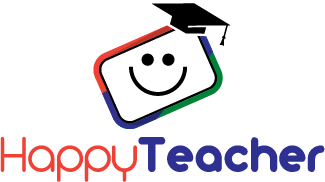
Course Description
Happy Teachers Cook offers educators hands-on approaches to integrating food into their existing curriculum, with an emphasis on STEM integration. Participants will explore the myriad of ways in which food can be employed to enhance student engagement and learning while addressing important educational benchmarks.
Food serves as a powerful tool for celebrating diversity, improving health, and imparting life-long skills. Happy Teachers Cook emphasizes the importance of cultural appreciation and inclusivity, as students delve into various cuisines and explore the traditions behind them.
Health is another crucial aspect of this course, as participants learn how to incorporate nutritious foods into their daily routines and classroom activities in a cost-effective and sustainable manner. Educators will also develop the skills necessary to guide their students in creating wholesome, delicious meals, empowering them with valuable life-long skills. Happy Teachers Cook is a comprehensive course designed to inspire educators to use food as a medium for meaningful learning and connection.
Upon completion of this course, the participant will be able to:
- Describe how knowledge about food can aid in disease prevention and management, empowering students and teachers to make informed decisions about their health.
- Identify and celebrate cultures through cuisine, promoting a culture of diversity and inclusion.
- Explain Charles Duhigg’s”The Power of Habit” framework and describe how modifying the environment can help establish healthier routines through increased self-awareness and targeted behavior modification.
- Investigate flavor profile and genetics to explore how genetics may influence food preferences and appraise a variety of spices, textures and flavors to increase palatability, giving students and teachers the skills they need to create more delicious and nutritious meals.
- Critically examine recipes, experiment with food preparation, and collaborate with peers to create nutritious meals, providing students and teachers with the skills they need to create and share healthy meals with their communities.
*Credit can not be awarded for both “Happy Teachers Cook” and “Happy Teachers Cook: Fostering Diversity, STEM Activities, and Wellness Through Food” due to overlap in content and objectives.


